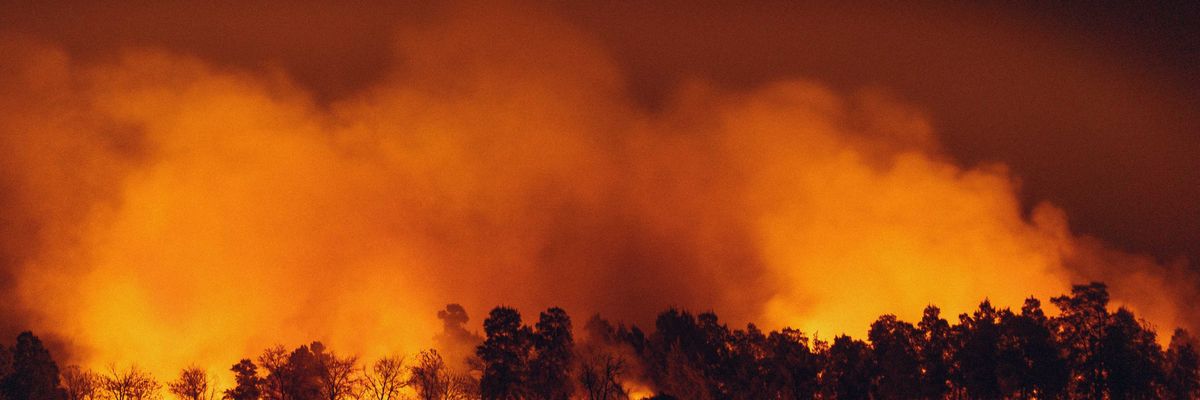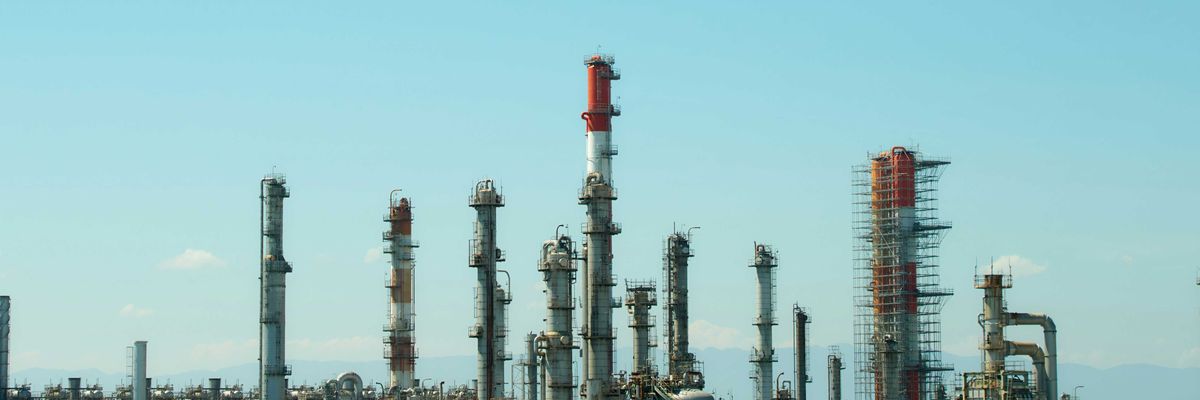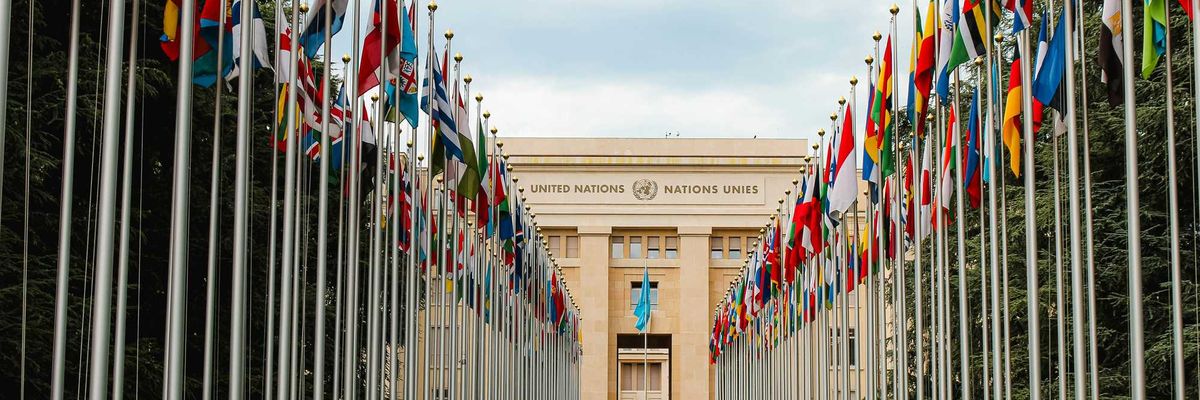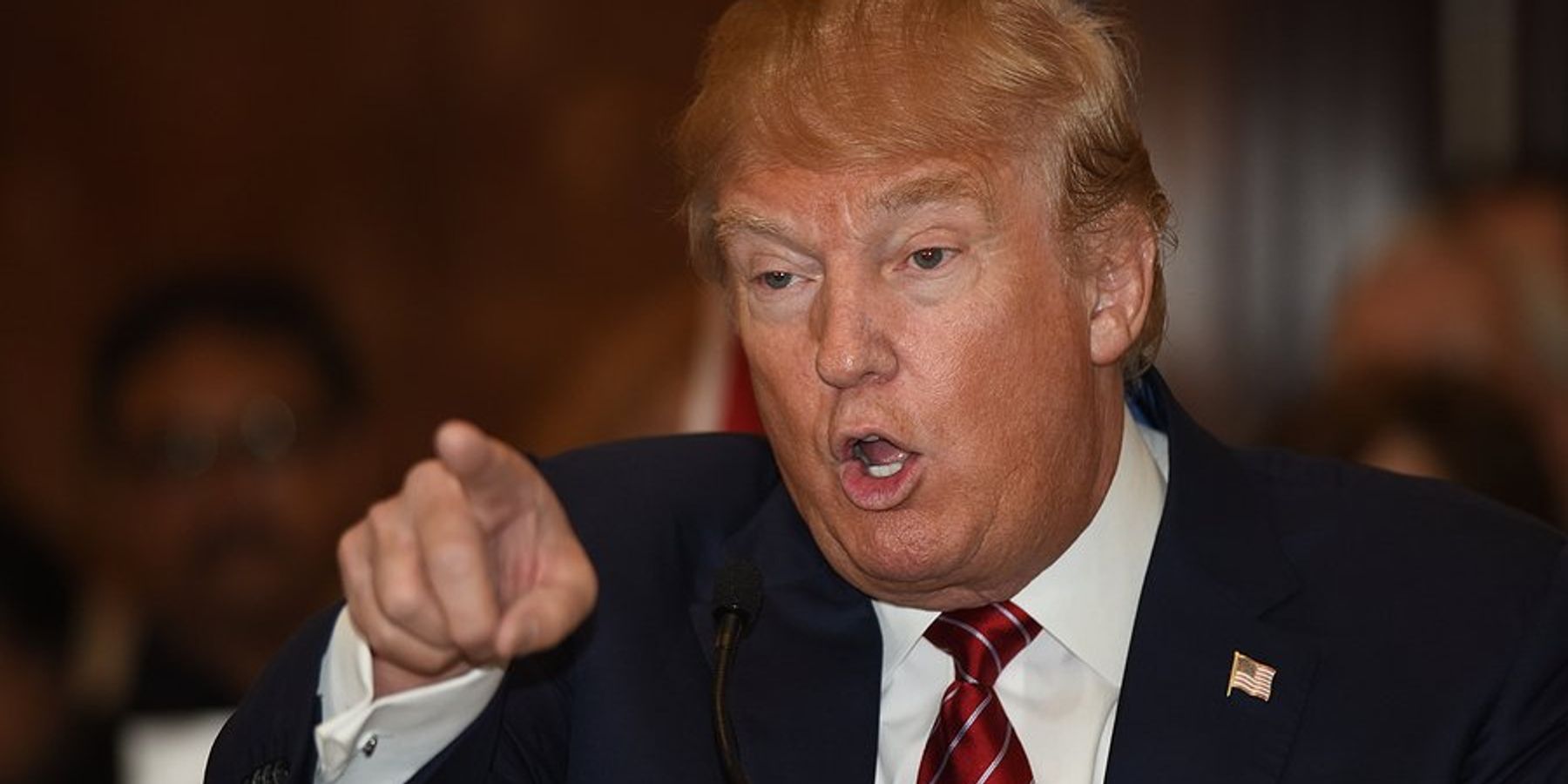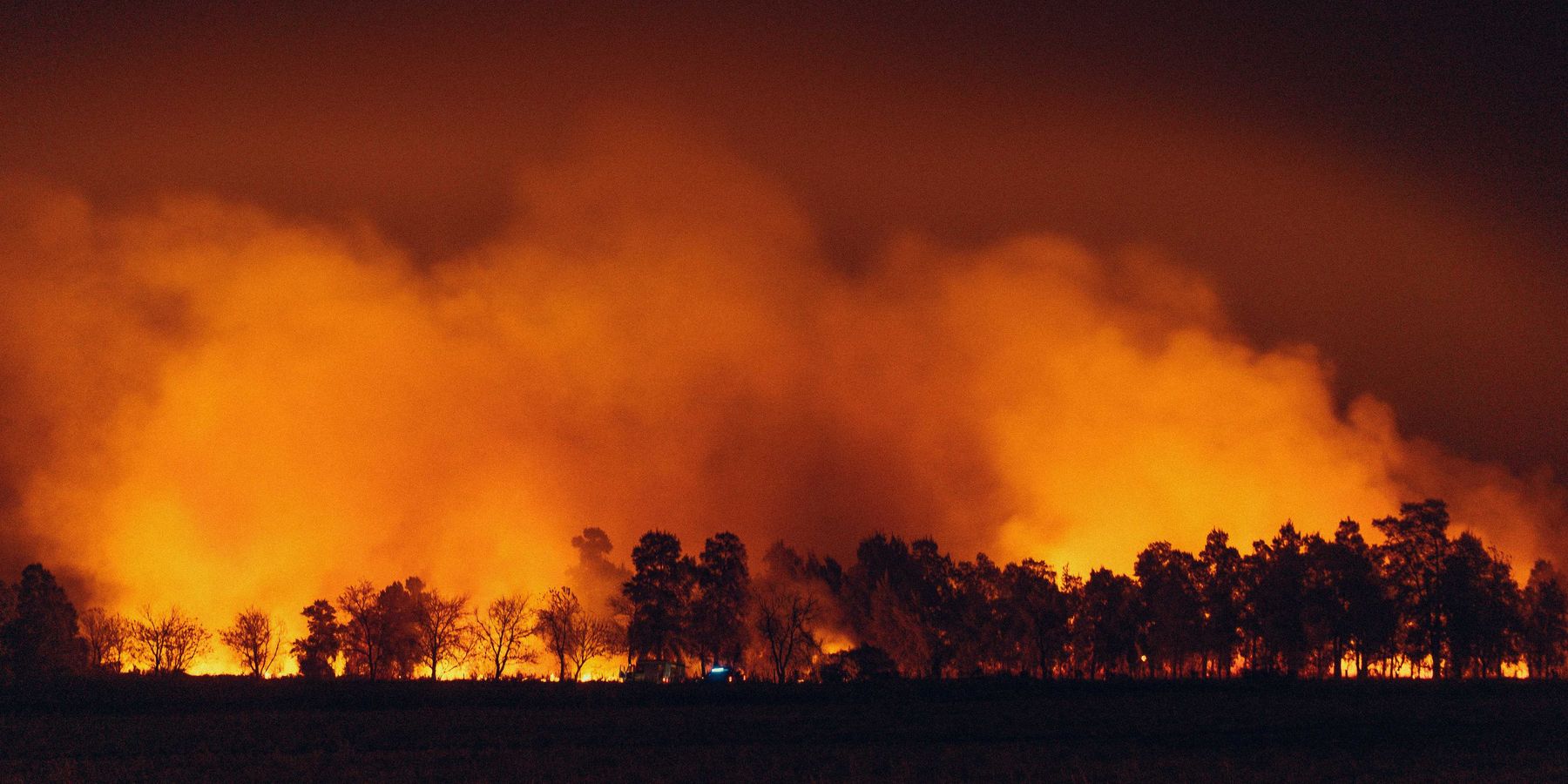enbridge
Activists meet with Canadian official to discuss concerns about Line 5 pipeline
Activists have called on a Canadian consular official to close the Line 5 oil pipeline, citing environmental and Indigenous rights concerns.
In short:
- An international coalition presented a letter to a Canadian consular official, urging the revocation of a treaty that supports the operation of Line 5.
- The pipeline, which traverses tribal lands, has been deemed trespassing by a court, with orders for partial closure by 2026.
- Enbridge disputes these claims, citing a 1992 easement and arguing against treaty violations.
Key quote:
“It’s hypocritical and irrelevant for the Canadian government to invoke the 1977 treaty while ignoring the long standing treaties they have with First Nations.”
— Andrea Pierce, Little Traverse Bay Bands of Odawa Indians citizen
Why this matters:
Line 5, part of a network operated by Enbridge Inc., runs under the Straits of Mackinac, connecting Lake Huron and Lake Michigan. This location is pivotal for its natural beauty and as a vital freshwater resource. Critics argue that any potential oil spill could devastate these waters, which are important for local ecosystems and the millions who rely on them for drinking water.
The pipeline also crosses areas significant to local Indigenous communities, who have raised alarms about the infringement of their sovereign rights and the risks to their lands.
Justice Department supports Wisconsin tribe in pipeline dispute
In a recent legal development, the Justice Department has sided with a Wisconsin tribe's claim against a Canadian energy company over land rights, sparking controversy.
In short:
- The DOJ supported the Bad River Band's claim that Enbridge has trespassed on tribal land by operating the Line 5 pipeline, suggesting a higher compensation than the court-ordered $5.15 million.
- Despite DOJ's support, the request for immediate cessation of the pipeline's operation was not granted, raising concerns among tribal leaders.
- The broader implications involve international treaties and ongoing diplomatic tensions between the U.S. and Canada over pipeline operations.
Key quote:
“We are grateful the U.S. urged the court not to let Enbridge profit from its unlawful trespass.”
— Robert Blanchard, chairman of the Bad River Band of the Lake Superior Chippewa Indians
Why this matters:
Enbridge maintains that its projects are crucial for economic development and energy security, emphasizing its commitment to safety and environmental stewardship. The company also points to regulatory approvals and its efforts to consult with tribal communities as evidence of its attempt to balance these interests.
Tribal leaders and advocates argue that consultations are often inadequate and do not equate to obtaining free, prior, and informed consent—a standard set forth in the United Nations Declaration on the Rights of Indigenous Peoples.
Enbridge seeks to overturn Line 5 shutdown on tribal land in Wisconsin
Enbridge, a Canadian pipeline company, is challenging a federal court's shutdown order of its Line 5 pipeline on the Bad River Reservation in northern Wisconsin, citing a 1977 U.S.-Canada treaty.
Phil McKenna and Noel Lyn Smith report for Inside Climate News.
In short:
- Enbridge argues that the 1977 U.S.-Canada treaty, which ensures uninterrupted oil flow between the two countries, should override the shutdown order.
- The Bad River Band of the Lake Superior Tribe of Chippewa Indians opposes the pipeline, citing risks to their water resources and traditional ways of life.
- Legal experts and environmental advocates view Enbridge's argument as a last-ditch effort, potentially undermining state and tribal rights to protect their lands.
Key quote:
"If you can’t protect your land from a trespass because of the oil pipelines, what’s the point of having your own land?"
— Debbie Chizewer, attorney for Earthjustice.
Why this matters:
This legal battle is significant as it highlights the tension between Indigenous rights, environmental protection, and international agreements. The outcome could set a precedent for how treaties and tribal sovereignty are balanced in environmental and energy disputes.
Related: Enbridge's Line 3 pipeline construction is running into tribal resistance over fears of water pollution, wild rice impacts, climate change, and exploitation of Native women.
Denise Balkissoon: Why are fests like Winterlude still turning to fossil fuel sponsors?
Ottawa’s second Winterlude without the Rideau Canal Skateway is its 27th sponsored by Enbridge Gas. Festivals from B.C. to Quebec accept money from fossil fuel companies whose products imperil winter itself.
Should new homes in Ontario be connected to natural gas?
Saying fossil fuel use will decline, the Ontario Energy Board told Enbridge Gas to charge developers, not homeowners, for new natural gas hookups. Energy Minister Todd Smith vowed to reverse the decision.
Canadian Museum of Nature rethinks its relationship with Enbridge
The Canadian Museum of Nature is reevaluating its fundraising policy, particularly concerning fossil fuel funding, amidst internal discussions and a change in leadership, as it seeks to align sponsors' values with its conservation goals.
Biden's promise to tribes faces test in Great Lakes
As many tribal lands face mounting pollution threats and the blunt force of climate change, the Biden administration has promised to incorporate Indigenous knowledge and practices in its overhaul of the nation’s regulatory and permitting regime.

